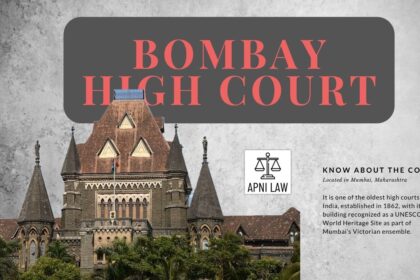Code:
Whoever, not belonging to a certain class of public servants, wears any garb or carries any token resembling any garb or token used by that class of public servants, with the intention that it may be believed, or with the knowledge that it is likely to be believed, that he belongs to that class of public servants, shall be punished with imprisonment of either description for a term which may extend to three months, or with fine which may extend to two hundred rupees, or with both.
2. Explanation:
This section states that whoever, with the intention of causing, or knowing it to be likely that he will cause, any person to believe that he is a public servant, wears or carries any token, or uses any dress or decoration, or assumes any name, title, or designation, or does any act, which is calculated to induce such belief, shall be punished with imprisonment of either description for a term which may extend to three years, or with fine, or with both.
Illustration:
A person wearing a police uniform and carrying a fake police ID card to stop vehicles and demand bribes is committing an offense under Section 171 of IPC.
Common Questions and Answers:
Q: What constitutes a “token” under this section?
A: Any object or symbol that is associated with a public servant, such as a badge, ID card, uniform, or even a specific gesture or mannerism that is recognized as belonging to a particular public servant.
Q: Does the person need to actually impersonate a specific public servant?
A: No, the offense can be committed even if the person doesn’t claim to be a specific individual. Simply using the token to suggest they are a public servant is enough.
Q: What is the intent required for this offense?
A: The intent must be to cause someone to believe that the person is a public servant, or knowing that it is likely to cause such a belief.







